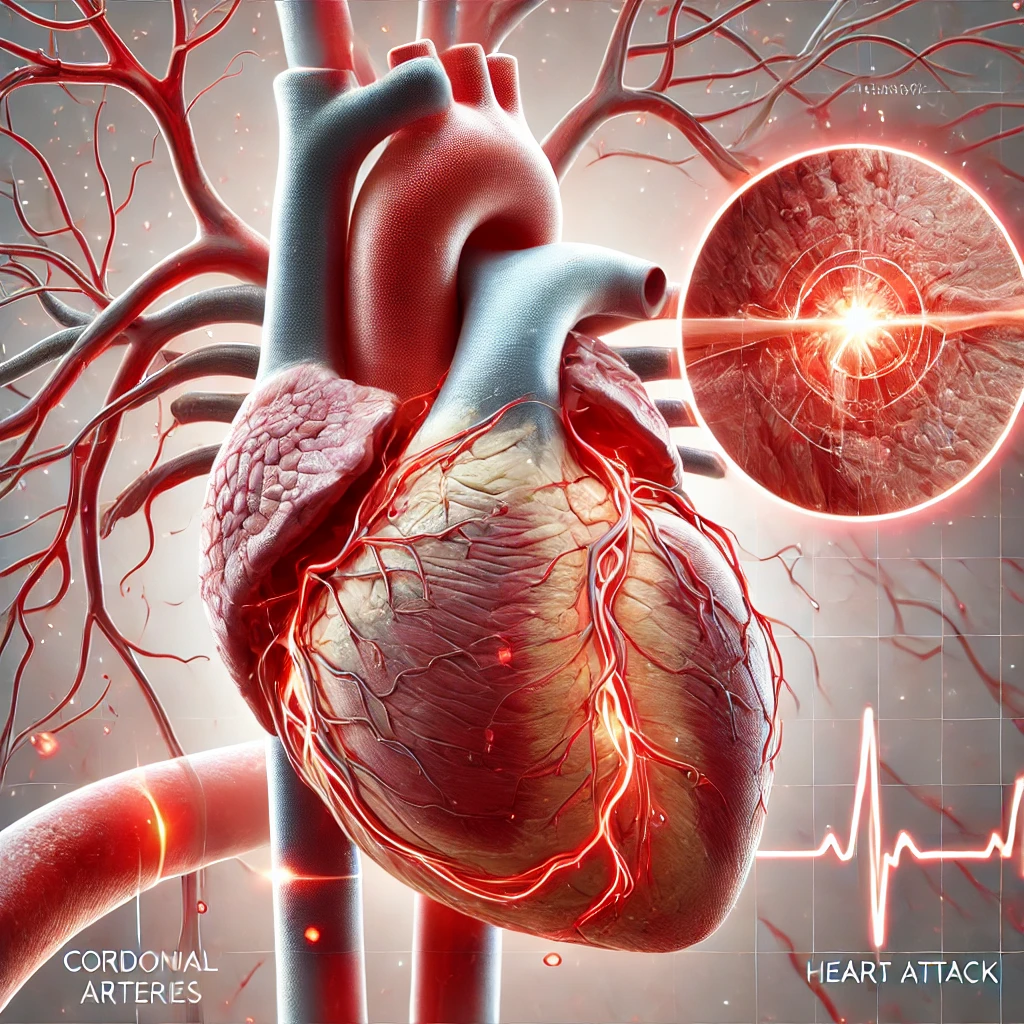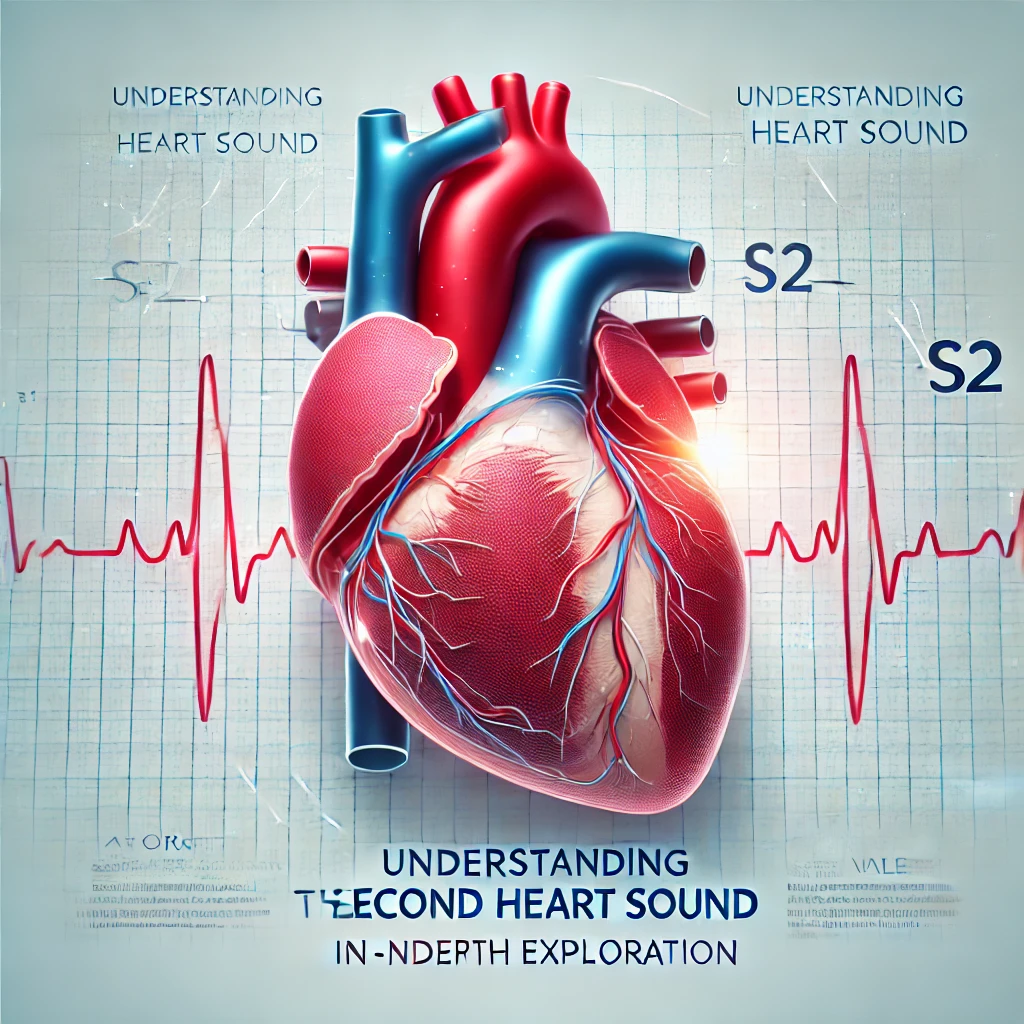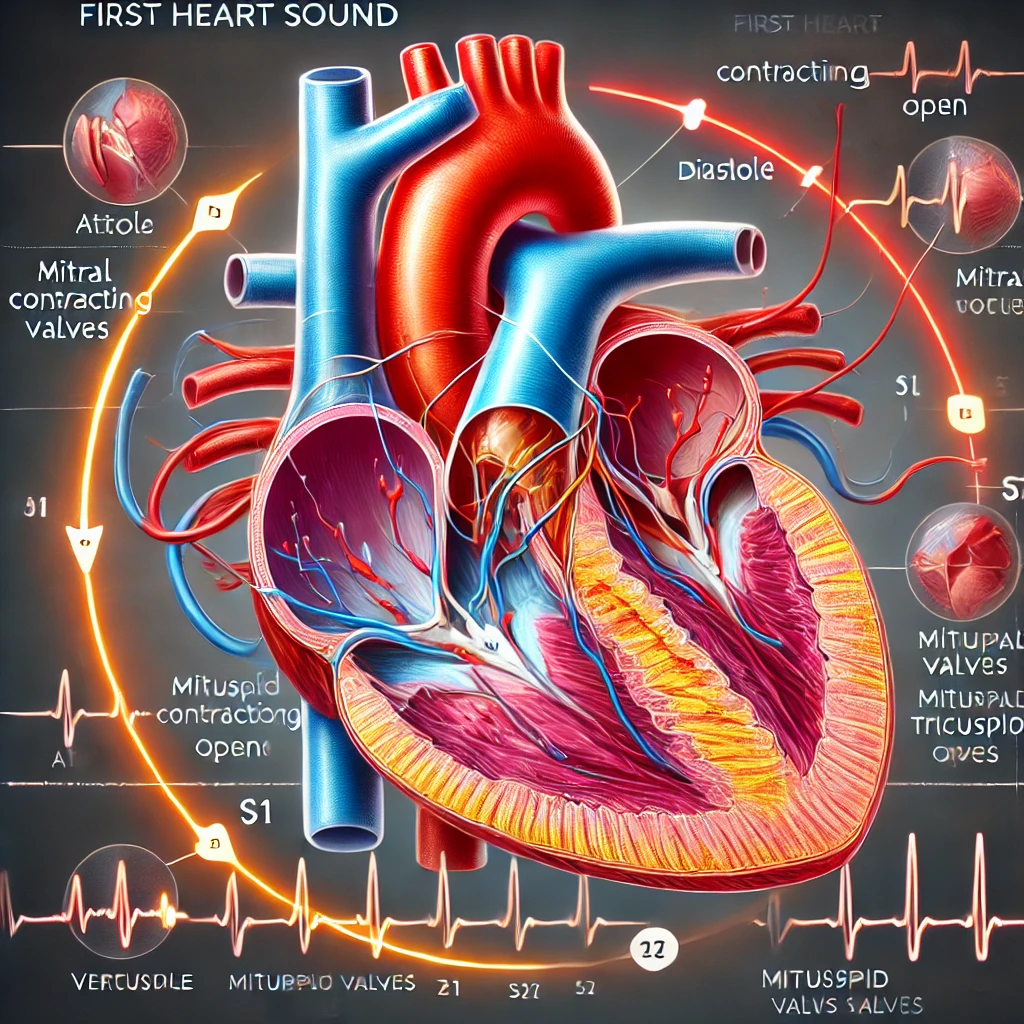Cyberchondria
In an age dominated by digitalization, Cyberchondria emerges as a testament to the dual-faceted nature of internet use. While it can potentially empower individuals with information, the same platform can foster debilitating health anxieties.

What Exactly is Cyberchondria?
Originating from the words “cyber” (relating to computers or computer networks) and “hypochondria” (excessive anxiety about one’s health), Cyberchondria refers to the distressing health-related fears that arise from online research.
Delving into Its Roots: Historical Context of Hypochondria
Before the era of the internet, hypochondria was already a recognized phenomenon. Individuals, influenced by minimal signs or symptoms, would become convinced of suffering from grave illnesses. Often, their beliefs would persist even after medical examinations revealed no substantial health issues.
With its vast online information repositories, modern technology acts as a potent catalyst, transforming traditional hypochondria into Cyberchondria. The enormous and often unfiltered health information at our fingertips can amplify existing health anxieties, leading to a snowball effect of increasing distress.
The Intricate Web of Online Health Information
The internet offers a cornucopia of health-related information with its innumerable websites, blogs, and forums. While seemingly advantageous, this abundance often becomes the root of cyberchondriac tendencies.
The Pillars of Authority: Medical Websites
Sites such as WebMD, Mayo Clinic, Healthline, and numerous others have emerged as leading destinations for individuals seeking insights into their symptoms. Their detailed descriptions, symptom checkers, and comprehensive databases make them invaluable tools for understanding health nuances.
However, therein lies the paradox. While these platforms are structured to inform, they often operate on a broad spectrum. Common symptoms like headaches can be linked to numerous conditions, from simple stress-induced tension to alarming diseases like brain tumors. The vastness of potential diagnoses, especially without professional medical guidance, can spark unwarranted fears in individuals.
The Personal Touch: Online Health Forums
Human beings are inherently social creatures. When faced with health uncertainties, many seek solace in the shared experiences of others. Online forums and health communities, such as PatientsLikeMe or HealthBoards, provide platforms for individuals to share their health journeys.
However, the narratives dominating these forums aren’t always balanced. Stories highlighting rare diseases, unexpected complications, or unique symptom presentations are naturally more engaging and thus gain more traction. For vulnerable individuals, such anecdotes can easily resonate and amplify their health concerns, even if their risk remains minimal.
The Dawn of Mobile Health: Diagnostic and Tracking Apps
Smartphone applications have revolutionized our approach to health. From tracking daily steps to monitoring heart rates and predicting potential health issues based on logged symptoms, these apps promise to place healthcare control back into users’ hands.
Yet, like other digital health platforms, they are not without pitfalls. Many apps function based on algorithms, offering insights based on general trends and patterns. If an individual’s data deviates from the ‘norm’, the app might flag potential health issues, even when such deviations are benign or attributed to external factors. This can foster undue health anxieties and catalyze cyberchondriac tendencies.
Dismantling the Triggers of Cyberchondria
Behind every instance of Cyberchondria lies a complex interplay of psychological factors and digital influences.
The Digital Deluge: Avalanche of Information
The internet’s promise of infinite knowledge also brings forth the challenge of information overload. With millions of articles, forums, blogs, and papers on health conditions, distinguishing reliable sources from misleading ones becomes overwhelming for the average user.
This information deluge can lead to cognitive dissonance. When faced with conflicting information about a symptom or condition, individuals might find it challenging to discern which source to trust, culminating in heightened anxiety.
Cognitive Mechanisms: The Trap of Confirmation Bias
Human cognition isn’t always objective. Confirmation bias, a well-documented psychological phenomenon, refers to our propensity to seek and prioritize information that aligns with our existing beliefs. In the context of Cyberchondria, if someone starts fearing they might have a specific health condition, their subsequent online searches, even unconsciously, could veer towards sources or articles that confirm that fear.
This selective information consumption, driven by internal anxieties, can further solidify unfounded health beliefs, going individuals deeper into the Cyberchondria spiral.
The Symptom Conundrum: Dilemma of Common Symptoms
Symptom ambiguity plays a significant role in cyberchondriac tendencies. The body’s response to various diseases often overlaps. For instance, fatigue, dizziness, or shortness of breath could indicate multiple conditions, from benign ones like mild dehydration to serious ones like cardiac issues.
In the vast landscape of online health information, where each symptom can be linked to countless conditions, individuals might naturally gravitate toward the worst-case scenarios. The innate human fear of mortality and severe illnesses can skew interpretations, leading to disproportionate health anxieties.
The Human Psyche: Viral Tales and Sensational Health Stories
The content that often goes viral or gains traction online isn’t necessarily representative of shared experiences. Instead, sensational, rare, or extreme stories capture attention. This translates to narratives revolving around unexpected disease diagnoses, rare complications, or unique symptom manifestations in health.
For individuals already predisposed to health anxieties, such stories, despite being statistical outliers, can resonate deeply. Their visibility and emotional impact can lead individuals to perceive these rare events as standard, fueling Cyberchondria erroneously.
Grappling with the Repercussions of Cyberchondria
While Cyberchondria originates in the digital realm, its repercussions spill over into the real world, manifesting tangible consequences.
Healthcare Implications: The Surge in Medical Visits
One of the most immediate impacts of Cyberchondria is its strain on healthcare systems. Individuals, their fears fueled by online research, often seek medical consultations, demanding tests, investigations, and interventions for perceived illnesses. This leads to wasted healthcare resources and exposes individuals to unnecessary medical procedures, each carrying its own set of risks.
The Mental Health Nexus: From Digital to Real-world Distress
If left unchecked, chronic health anxieties can evolve into severe mental health disorders. Persistent Cyberchondria can morph into generalized anxiety disorders, depression, or somatic symptom disorders, where individuals develop physical symptoms due to mental anxieties.
Furthermore, the constant stress and cortisol release associated with sustained anxiety can harm physical health, creating a vicious cycle of health fears and real health impacts.
Social Dynamics: The Ripple Effect on Personal Relationships
Cyberchondria doesn’t exist in a vacuum. An individual’s constant health worries and need for reassurance can strain personal relationships. Loved ones might struggle to offer the continuous support or understanding a cyberchondriac seeks, leading to potential conflicts, misunderstandings, or feelings of isolation.
Carving the Path Forward: Counteracting Cyberchondria
Combatting Cyberchondria requires a multi-faceted approach, combining digital literacy, self-awareness, and proactive strategies.
Digital Discipline: Setting Boundaries on Health Searches
Establishing limits on health-related online searches can significantly curb Cyberchondria. Individuals can create structured environments by allocating specific days or time slots for such activities, reducing impulsive and anxiety-driven searches.
The Primacy of Expertise: Prioritizing Professional Consultation
No online platform can replace the nuanced expertise of healthcare professionals. Before drawing conclusions based on online findings, consulting a doctor or medical expert is crucial. Their insights offer context, ensuring a balanced and informed perspective on health concerns.
Digital Detox: The Power of Sabbaticals
Periodic disengagement from digital platforms can be therapeutic. Taking digital breaks, especially during periods of heightened anxiety, can offer mental clarity and reduce the urge to seek online validation or information.
Information Integrity: Trusting Only Credible Sources
Ensuring that the consumed health information originates from accredited, reputable institutions or medical professionals is essential. This discerning approach can minimize the risks of misleading or sensationalized online content.
Concluding Thoughts
As the lines between the digital and real worlds blur, understanding and addressing phenomena like Cyberchondria become imperative. The challenge lies in leveraging the immense benefits of the digital age without succumbing to its potential pitfalls. With awareness, caution, and proactive strategies, individuals can navigate the online health maze, ensuring their pursuits enhance, rather than compromise, their overall well-being.
Cyberchondria, born in the digital age, exposes the dual nature of internet use—empowering with information but fueling health anxiety. The abundance of online health information can lead to information overload and reinforce cognitive biases, resulting in mental health repercussions. Medical consultation and digital literacy are key, while discerning reputable sources helps combat it. Online health forums can amplify concerns, straining healthcare resources and personal relationships. A digital detox and setting boundaries are essential for balance.




